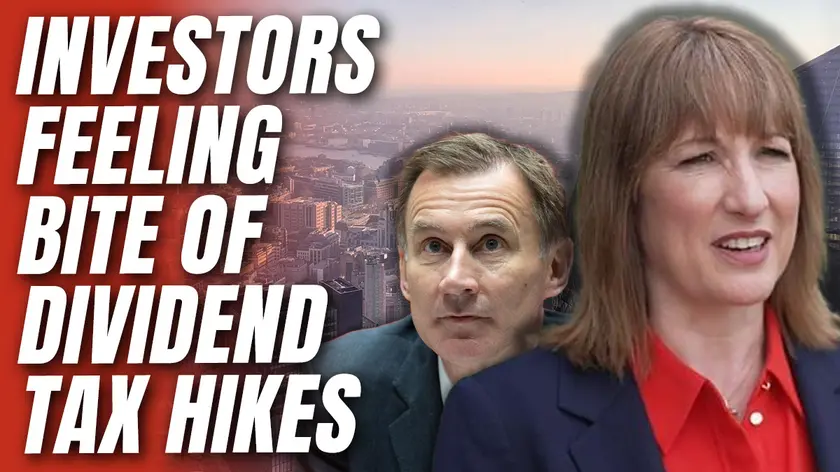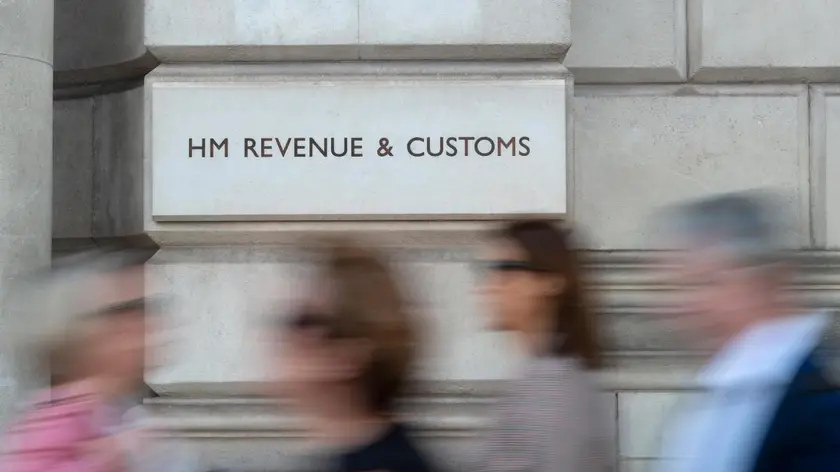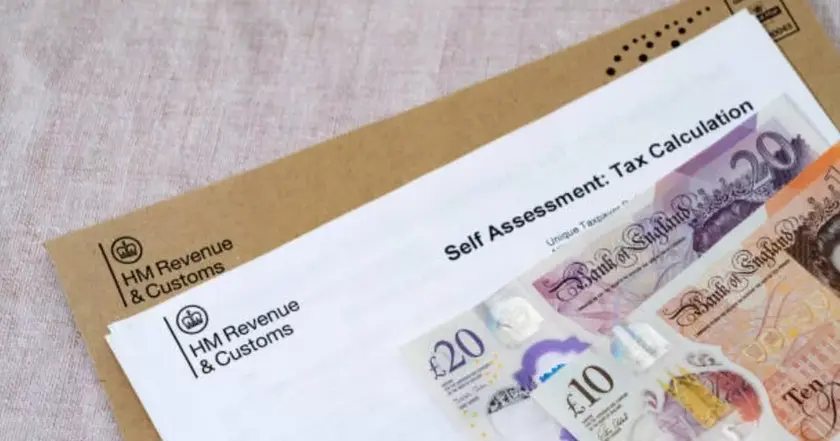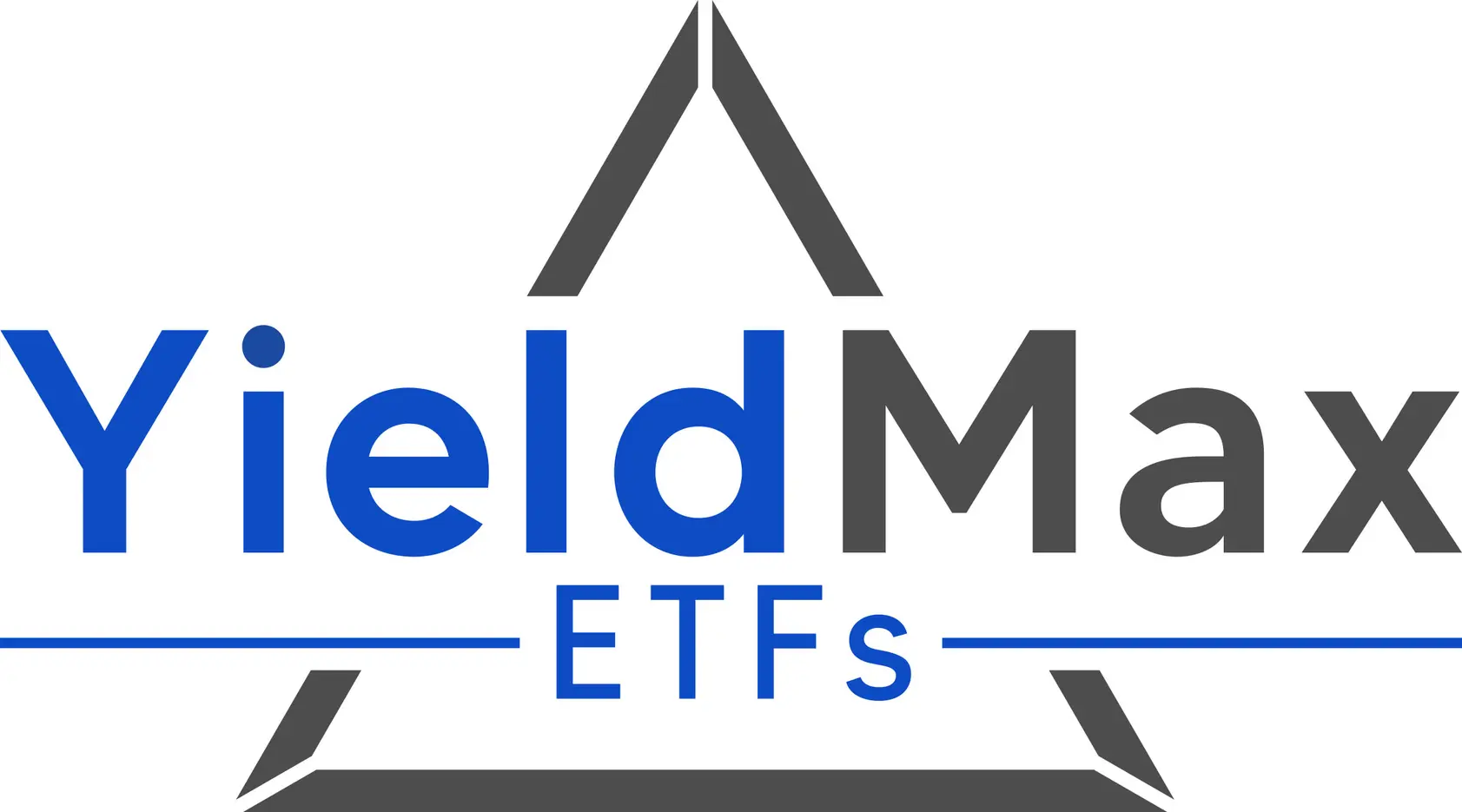T4K3.news
Dividend tax changes analyzed
New HMRC data shows more basic rate taxpayers pay dividend tax as the allowance is cut and phased out.

FOI data shows the dividend tax change pulled more basic rate taxpayers into payment and sparked questions about aims to boost investment.
Dividend Tax Hike Hits Millions of Basic Rate Taxpayers
Freedom of Information data from HMRC, obtained by Quilter, shows that the dividend tax free allowance was cut from 2000 pounds to 1000 pounds in April 2023 and then to 500 pounds the following year. The result is a larger share of investors paying tax on non-ISA dividends. The number paying tax rises from 1.9 million in 2022/23 to 3.1 million in 2023/24, with 3.7 million forecast for 2024/25.
Quilter notes that the complexity of compliance is growing, particularly for those unfamiliar with the tax system. Reeves left the changes untouched in the last budget. The policy has drawn criticism from those who argue it runs against Labour's stated aim of encouraging more Britons to invest. Some now urge Reeves to scrap the 500 pound allowance altogether at the next budget, a move that could trigger a backlash among small businesses and investors alike.
Key Takeaways
"Restoring the dividend allowance would be a clear signal to savers"
editorial demand
"This policy increases compliance work for everyday savers"
observed impact
"The move risks eroding investor confidence in a fragile economy"
analysis of risk
The data illustrate a political choice that shifts revenue from higher earners to a broader base, while expanding the number of people navigating dividend tax. That shift comes with higher compliance costs and potential confusion for ordinary savers. The timing matters: a change framed as pro-growth could instead dampen confidence among small investors and sole traders who rely on stable tax rules. The debate now centers on whether revenue needs justify a more complex tax system that may undermine Labour's investment narrative.
Looking ahead, the policy questions are blunt. Will the government reverse or soften the changes to reassure savers, or will it press on in pursuit of fiscal targets at the expense of growth? The answer will signal how far the administration is willing to bend toward investment culture versus tax revenue.
Highlights
- Investing should be easier, not harder
- Restore the allowance to restore trust in savers
- Policy that hits small traders will cost the economy
- If you want Brits to invest, you show it with policy not penalties
Budget politics and investor risk in dividend changes
The dividend tax changes expand the taxnet for basic rate taxpayers and sole traders, raising revenue but risking public backlash and investor confidence. The policy also increases compliance complexity and could affect the broader investment climate.
Policy choices now will shape trust in the tax system for years to come.
Enjoyed this? Let your friends know!
Related News

Dividend tax hits record number of investors

Dividend tax net widens

Dividend tax impact

Reeves eyes broad tax hikes in Autumn Budget

Dividend stocks emerge as strong income source

Wealth tax in Spain shows lessons for policy

YieldMax Announces New Distributions on Major ETFs

NBA offseason grades reveal team performances
